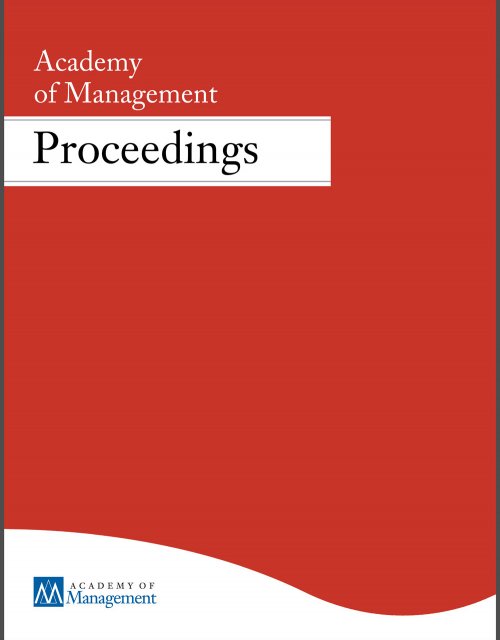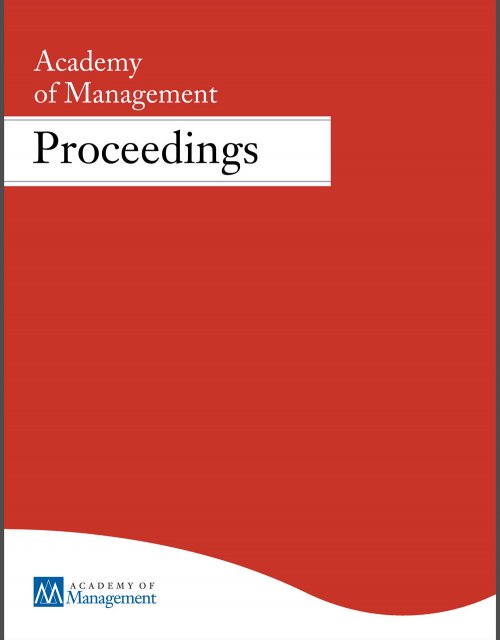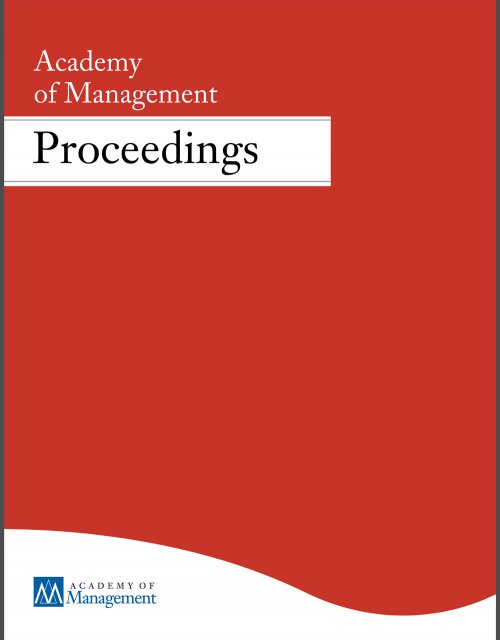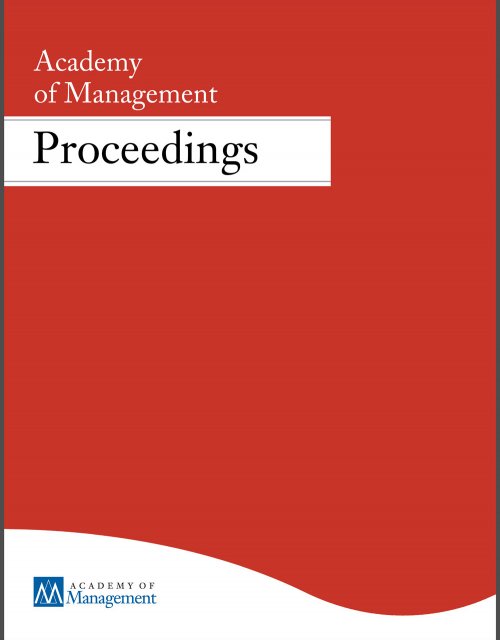Publication records
Subject(s)
Ethics and social responsibility; Information technology and systems
Keyword(s)
data, data protection, cybersecurity, cyber attacks, cyber operations, international humanitarian law, law of armed conflict
Although the question of the targeting of data through adversarial military cyber operations and its implications for the qualification of such conduct under International Humanitarian Law has been on scholars’ and states’ radar for the last few years, there remain a number of misunderstandings as to how to think about the notion of “data.” Based on a number of fictional scenarios, the article clarifies the pertinent terminology and makes some expedient distinctions between various types of data. It then analyzes how existing international humanitarian and international human rights law applies to cyber operations whose effects have an impact on data. The authors argue that given the persisting ambiguities of traditional concepts such as “object” and “attack” under international humanitarian law, the targeting of content data continues to fall into a legal grey zone, which potentially has wide-ranging ramifications both for the rights of individual civilians and the functioning of civilian societies during situations of conflict. At the same time, much legal uncertainty surrounds the application of human rights law to these contexts, and existing data protection frameworks explicitly exclude taking effect in relation to issues of security. Acknowledging these gaps, the article attempts to advance the debate by proposing a paradigm shift: Instead of taking existing rules on armed conflict and applying them to “data,” we should contemplate applying the principles of data protection, data security, and privacy frameworks to military cyber operations in armed conflict.
Subject(s)
Information technology and systems
Keyword(s)
Surveillance, constitutional law, human rights, freedom of information, freedom of expression, journalism, disinformation, fake news
The Federal Chancellery recently finished its first draft of the revised Foreign Intelligence Service Law (BND-Gesetz) that has become necessary subsequent to the judgment of the Federal Constitutional Court in May of 2020. While the draft bill contains numerous improvements, some crucial provisions pertaining to the treatment of journalists and their trusted sources remain insufficient. The article analyses some of the problems.
Keyword(s)
digital transformation, human rights, cyberwar, surveillance, espionage, cybercrime, autonomous weapons systems
Over the past two decades, the progressing digital transformation has brought along a growing number of challenges in the context of security: internet crime, cyberwar and espionage, surveillance and autonomous weapons systems. While increased security measures seem indispensable, they need to be weighed against individual human rights guarantees. This chapter provides an overview of the pertinent questions.
Volume
344
Journal Pages
52–61
Subject(s)
Human resources management/organizational behavior; Strategy and general management
Keyword(s)
Success, ideology, influence
ISSN (Print)
0015-6914
Subject(s)
Human resources management/organizational behavior
Keyword(s)
Leadership, global virtual teams, gamification
We explore how gamification can be used to help leaders to lead global virtual teams.
ISSN (Print)
0015-6914
Subject(s)
Health and environment; Human resources management/organizational behavior; Technology, R&D management
Keyword(s)
Citizen science, crowd science, co-design, sustainability transitions, science and innovation studies, science education
Citizen Science (CS) projects involve members of the general public as active participants in research. While some advocates hope that CS can increase scientific knowledge production (“productivity view”), others emphasize that it may bridge a perceived gap between science and the broader society (“democratization view”). We discuss how an integration of both views can allow Citizen Science to support complex sustainability transitions in areas such as renewable energy, public health, or environmental conservation. We first identify three pathways through which such impacts can occur: (1) Problem identification and agenda setting; (2) Resource mobilization; and (3) Facilitating socio-technical co-evolution. To realize this potential, however, CS needs to address important challenges that emerge especially in the context of sustainability transitions: Increasing the diversity, level, and intensity of participation; addressing the social as well as technical nature of sustainability problems; and reducing tensions between CS and the traditional institution of academic science. Grounded in a review of academic literature and policy reports as well as a broad range of case examples, this article contributes to scholarship on science, innovation, and sustainability transitions. We also offer insights for actors involved in initiating or institutionalizing Citizen Science efforts, including project organizers, funding agencies, and policy makers.
With permission of the Academy of Management
Volume
2020
ISSN (Online)
2151-6561
ISSN (Print)
0065-0668
Subject(s)
Strategy and general management
Diversification into new services and regions increases organizational visibility and survival. While the extant literature has provided insights into the determinants of diversification, it has not considered the relationship between an organization’s strategy to acquire resources and its diversification. We argue that the way in which organizations acquire their resources affects the efficiency of the resource acquisition process, which impacts organizational diversification into new services and geographic regions. More specifically, we propose that a higher number of resource providers and a shorter relationship between the organization and its resource providers make organizations less likely to diversify. We examine the effect of these two determinants—number of providers and relationship duration—on diversification empirically in the context of institutional donors that fund humanitarian organizations, using more than 150,000 donations over 20 years. Our results give support to our arguments; we demonstrate that relying on a large number of resource providers constraints diversification while relying on long-term relationships is positively related to diversification.
With permission of the Academy of Management
Volume
2020
ISSN (Online)
2151-6561
ISSN (Print)
0065-0668
Subject(s)
Strategy and general management; Technology, R&D management
Keyword(s)
Personality, inventive performance, search, knowledge production, innovation
The search for external knowledge increases inventive performance. We extend this established view by considering how an inventor’s personality is related to her inventive performance. Focusing on plasticity, a higher-order personality trait comprising openness to new experience as well as extraversion, we propose that plasticity is positively related to inventive performance. This effect can be decomposed in a direct effect (plasticity => performance) and an indirect mediated effect via its association to search behavior (plasticity => external search => performance). We test our theoretical predictions in a model of moderated mediation relying on a sample of 1,327 industrial inventors. A positive direct effect of plasticity on inventive performance can be identified across all inventors. The overall positive effect of external search, however, is more pronounced for inventors characterized by low levels of plasticity.
With permission of the Academy of Management
Volume
2020
ISSN (Online)
2151-6561
ISSN (Print)
0065-0668
Many organizations employ algorithms that learn from their members and then shape the way these individuals learn. Nevertheless, decades of research on organizational learning suggests that imperfect learning algorithms could sustain suboptimal beliefs that trap organizations indefinitely. To study potential algorithmic learning traps, we solve the underexplored theoretical properties of the March 1991 mutual learning model and demonstrate the conditions under which individuals should trust learning algorithms' recommendations. Our results show that the received wisdom regarding the benefit of slow learning and diversity does not hold when algorithms cannot identity accurate beliefs but follow the majority. The presence of non- discerning or even manipulated algorithms suggests that individuals should learn fast instead of slow to reduce the chance that algorithms learn the wrong, misleading lessons that would otherwise diffuse and contaminate everyone. Our exploitation of the March model generates novel insights that are increasingly relevant, thus promoting the model's generalization and making its beauty more robust.
With permission of the Academy of Management
Volume
2020
ISSN (Online)
2151-6561
ISSN (Print)
0065-0668
Subject(s)
Human resources management/organizational behavior
Broker behavior is a consequential, largely-uncharted topic; an exciting arena for future research. We know that success is associated with access to the brokerage opportunities provided by structural holes, but networks don’t act. What are the behaviors by which people convert structural hole opportunities into success? The symposium offers a propitious occasion to address some broad questions for the emerging behavioral generation of research on network brokerage: How much does the first generation of research on network structure and performance inform research on more (and less) productive broker behavior, and does it matter? What research methods have been more (and less) useful for exploring network broker behavior and why? With respect to what aspects of broker behavior, are we making more (or less) progress and why?
With permission of the Academy of Management
Volume
2020
ISSN (Online)
2151-6561
ISSN (Print)
0065-0668



